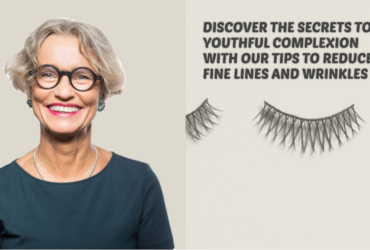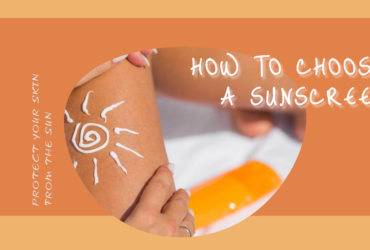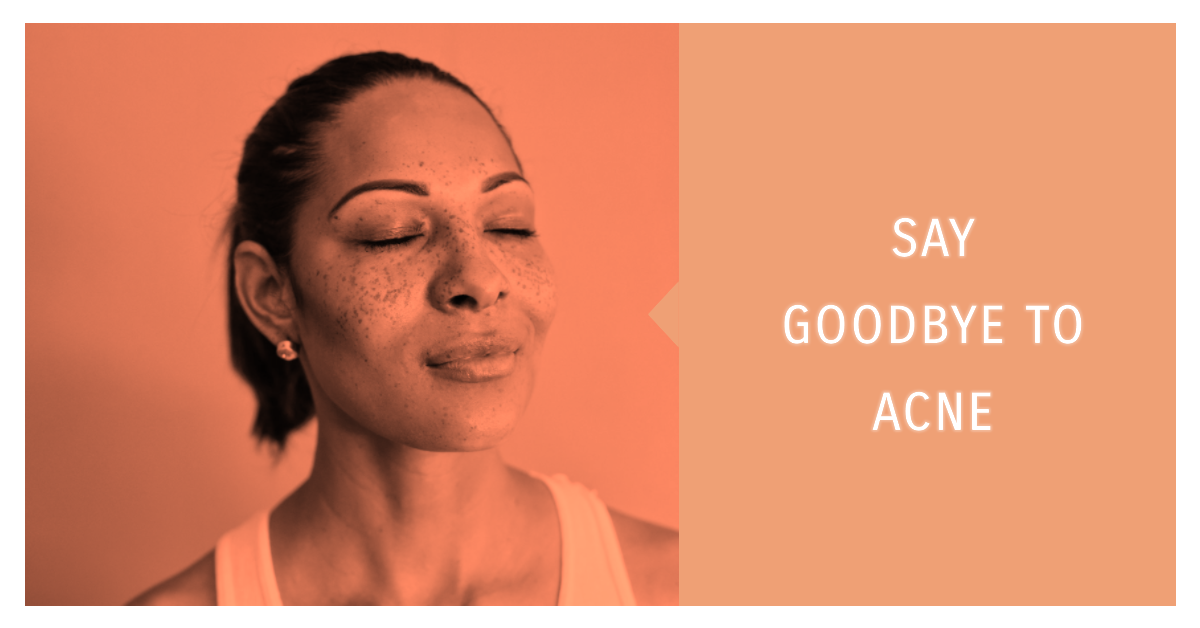When it comes to makeup, the foundation is the canvas upon which you create your desired look. However, finding the best type of foundation for your unique skin type can be quite a challenge. Fear not! In this article, we’ll dive deep into the world of foundations and explore which type suits your skin best. Whether you have oily, dry, combination, or sensitive skin, we’ve got you covered. Get ready to unveil the secrets of a flawless makeup finish that complements your skin type.
Table of Contents
What is the Best Type of Foundation for My Skin Type?
Different skin types have different needs, and the type of foundation that works wonders for one might not be ideal for another. Let’s explore the various skin types and the foundation options that will leave you looking stunning all day long.
Oily Skin
Oily skin tends to produce excess sebum, leading to a shiny complexion and makeup that may slide off throughout the day. To combat this, look for oil-free, matte, or long-wearing foundations. These foundations are designed to control oil and provide a lasting finish. Opt for a powder-based or mineral foundation for a lightweight feel.
Dry Skin
Dry skin craves hydration and nourishment. Foundations with a dewy or luminous finish work best for dry skin types. These foundations contain moisturizing ingredients that provide a healthy glow while preventing a cakey appearance. Consider using a liquid or cream foundation with added hydrating benefits.
Combination Skin
Combination skin poses a unique challenge as it features both oily and dry areas. A versatile option is a semi-matte foundation that balances oiliness while providing hydration. Additionally, a lightweight formula that adapts to different areas of your face can help achieve a seamless look.
Sensitive Skin
Sensitive skin requires extra care to avoid irritation or breakouts. Look for foundations labeled as hypoallergenic, non-comedogenic, or formulated for sensitive skin. Mineral foundations or those with soothing ingredients like aloe vera can help prevent reactions and provide coverage without discomfort.
Mature Skin
Mature skin benefits from foundations that offer both coverage and anti-aging properties. Choose foundations with a satin finish to avoid emphasizing fine lines and wrinkles. Look for formulas containing hyaluronic acid or peptides for added skincare benefits.
Foundation Shades and Undertones
Choosing the right foundation shade and undertone is just as important as selecting the type of foundation. Let’s explore how to find your perfect match.
Understanding Undertones
Foundation undertones play a crucial role in achieving a natural look. Undertones can be warm, cool, or neutral. Warm undertones have hints of yellow or peach, cool undertones feature pink or blue tones, while neutral undertones balance both.
When selecting a foundation, determine your undertone to ensure a seamless blend with your natural skin color. You can do this by observing the veins on your wrist. Green veins usually indicate warm undertones, while blue veins suggest cool undertones. If you can’t decide, you likely have a neutral undertone.
Choosing the Right Shade
To find the right foundation shade, test a few options on your jawline in natural light. The shade that disappears into your skin is the perfect match. Avoid shades that are too light or too dark, as they can create a stark contrast and appear unnatural.
Tips for Applying Foundation
Applying foundation correctly is essential for achieving a flawless finish. Follow these tips to master the art of foundation application.
Start with a Clean Canvas
Before applying foundation, ensure your skin is clean and well-moisturized. Use a gentle cleanser and a lightweight moisturizer to create a smooth base.
Use a Primer
Primer helps create a smooth surface for foundation application and extends its longevity. Choose a primer that addresses your specific skin concerns, whether it’s blurring pores, controlling oil, or adding radiance.
Apply in Thin Layers
Build your foundation coverage gradually by applying thin layers. This approach prevents a heavy or cakey appearance and allows you to customize the coverage to your liking.
Blend, Blend, Blend
Use a makeup sponge, brush, or your fingers to blend the foundation seamlessly into your skin. Pay extra attention to the edges of your face, such as the hairline and jawline, to avoid harsh lines.
Set with Powder
To enhance the longevity of your foundation, set it with a translucent powder. This step helps control shine and keeps your makeup in place throughout the day.
Conclusion
Selecting the best type of foundation for your skin type is a crucial step in achieving a flawless and natural makeup look. By considering your skin’s unique needs, undertones, and following proper application techniques, you can create a stunning canvas that enhances your natural beauty. Whether you have oily, dry, combination, or sensitive skin, there’s a foundation out there that’s perfect for you. Embrace the world of makeup with confidence and rock your radiant skin like never before!
-
Can I use a matte foundation if I have dry skin?
While matte foundations are designed to control oil, they may emphasize dry patches on dry skin. It’s best to opt for a foundation with a dewy or luminous finish that adds hydration and a healthy glow.
-
Will a powder foundation make my skin look cakey?
Not necessarily. When applied correctly and on well-moisturized skin, a powder foundation can provide a natural and lightweight coverage. Remember to start with thin layers and blend well.
-
How can I prevent my foundation from settling into fine lines?
To prevent foundation from settling into fine lines, start with a hydrating primer. Use a foundation with a satin finish, as matte foundations can accentuate lines. Additionally, avoid applying too much product and opt for a light-handed approach.
-
Should I match my foundation shade to my neck or face?
It’s best to match your foundation shade to your jawline, as this area seamlessly blends your face and neck. This ensures a cohesive look without any visible demarcation.
-
Can I use the same foundation year-round?
Your skin’s needs may change with the seasons, so it’s a good idea to have different foundations for different times of the year. A lightweight, more matte foundation may work better in the summer, while a hydrating formula is ideal for colder months.
-
Can I mix different foundations together?
Absolutely! Mixing foundations can help you customize the coverage, finish, and shade to suit your needs. Experiment with different combinations to find your perfect blend.
Don’t be afraid to experiment and try out different options until you find the one that suits you best. The right foundation can enhance your natural beauty and boost your confidence, leaving you feeling ready to take on the world.
So, armed with this comprehensive guide on the best type of foundation for your skin type, go ahead and confidently choose the perfect foundation that complements your skin’s unique needs. Flaunt your flawless complexion and let your inner beauty shine through.
To explore more beauty tips and tricks, feel free to delve into our wide range of expert articles by clicking here. Enhance your beauty knowledge and stay ahead in the world of makeup and skincare. Remember, the key to radiant skin begins with the right foundation!














This article is so helpful! I’ve been struggling to find the right foundation for my skin type, and this article has finally given me some guidance. Thank you!
Brilliant guide! This article covers all skin types, making foundation selection a breeze. A must-read for easy, confident makeup choices.
I love how this article breaks down the different types of foundations and explains how to choose the right one for your skin type. It’s so informative and easy to understand.